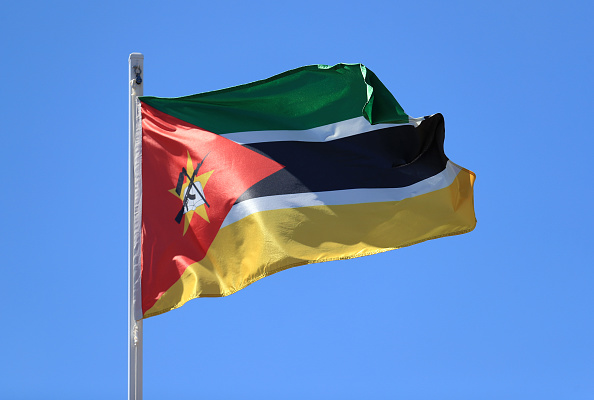Maputo – For two months, Mozambique has been captivated by live footage of a trial of some of the country’s most powerful people over illicit loans that torpedoed the country’s economy and plunged hundreds of thousands into poverty.
The $2 billion debt scandal has sparked legal cases across three continents and exposed corruption on a global scale, with Swiss bank Credit Suisse fined $475 million last week for “fraudulently misleading investors” and corruption over its part in issuing the loans.
Nineteen suspects have been shown on TV screens across the country in orange prison garb – among them a former president’s son – denying charges ranging from fraud and embezzlement to money laundering.
ALSO READ | Mozambique begins trial of 19 suspects linked to $2bn secret loan scandal
The government of former president Armando Guebuza authorised the loans – equivalent to 12% of the gross domestic product of one of the poorest countries in the world – in 2013 and 2014 to buy a new fleet of tuna fishing and maritime security vessels.
The government carried out the process in secret without scrutiny from MPs, and when the scandal was revealed by US newspaper the Wall Street Journal in 2016, international donors like the International Monetary Fund suspended financial aid.
To cope with the shortfalls, the government reduced public spending, which campaigners say drove 2.6 million people into poverty.
Africa’s Qatar
The trial is a “unique opportunity that Mozambicans have to hold those who have pushed them into poverty” to account, said Adriano Nuvunga, coordinator of anti-corruption umbrella group Budget Monitoring Forum (FMO).
“Civil servants and politicians will know that corruption will not go unpunished. Corruption is pushing millions into poverty,” Nuvunga told AFP.
When the loans were taken out, Mozambique’s star was rising after two decades of democratic and market-led reforms and the discovery of huge gas reserves off its Indian Ocean coast.
Some suggested Mozambique could be Africa’s answer to Qatar, but the gas project has been throttled by an Islamist insurgency.
ALSO READ | Corruption trial for Mozambique ex-leader’s son set for August
The loan scandal only added to the woes, causing a currency collapse and tipping the country into the worst economic crisis in its history.
The sheer scale of the scandal sparked legal proceedings in Britain, South Africa, Switzerland and the United States.
Normal courtrooms were too small to accommodate the legions of lawyers, witnesses and journalists.
The hearings are instead taking place on prison grounds in a giant tent normally used for weddings, with air-conditioning units and a red carpet leading to the judges’ bench.
A forgotten mansion
The last two months of testimony included ex-spy boss Antonio do Rosario pinning the blame squarely on Filipe Nyusi, the current president who was then the defence minister.
“It was… Filipe Nyusi who appointed Credit Suisse to finance the coastal security project,” do Rosario said during televised testimony earlier this month.
Ex-president Armando Guebuza’s son Ndambi, echoing a theme familiar to many of the accused, flatly refused to answer questions, saying he did not have “the memory of an elephant”.
And in a country where more than half of the population live on less than two dollars a day, another top spy insisted he simply did not know that his wife had bought a three-storey mansion in a posh neighbourhood of the capital Maputo.
‘A serious trial’
What rankles Mozambicans even more than such casual indifference is that it is still unclear how the $2 billion was spent, with only 30 ships known to have been delivered.
At least $200 million of the money was siphoned off and shared among Mozambican officials, corporate executives and international investment bankers in kickbacks and bribes, according to the US Justice Department.
Mozambique’s former finance minister Manuel Chang, currently in detention in neighbouring South Africa, was among seven people indicted in New York because part of the money went through the US financial system.
The government welcomed Credit Suisse’s admission of “criminal wrongdoing”, with the fines to be paid to regulators in the UK and US.
The bank, which was punished for defrauding investors by financing an $850-million loan, also agreed to write off $200 million of the debt.
A subsidiary of Russian bank VTB, which financed more than $500 million in loans, agreed to pay out more than $6 million but did not admit wrongdoing, according to US regulators.
Campaigner Nuvunga, however, wants all the debt cancelled and believes justice will not be served until the top men are in the dock.
“We were expecting a serious trial,” he said.
“All politicians, particularly those who authorised the loans – the former president and current president – should be facing trial.”
Follow African Insider on Facebook, Twitter and Instagram
Picture: Getty Images
Source: AFP
For more African news, visit Africaninsider.com


